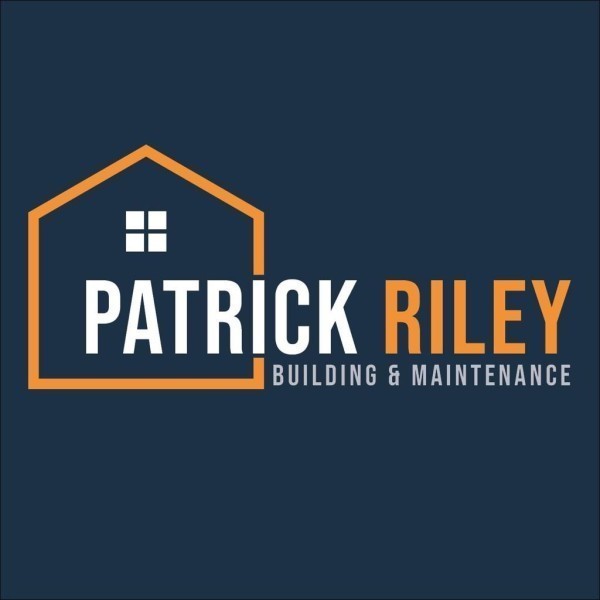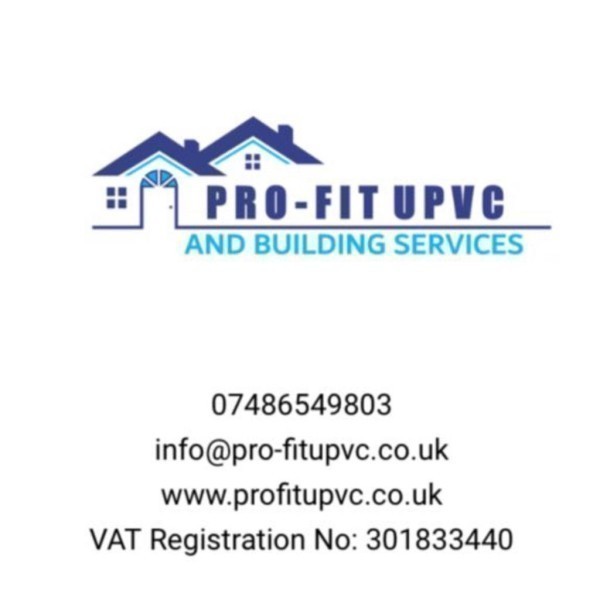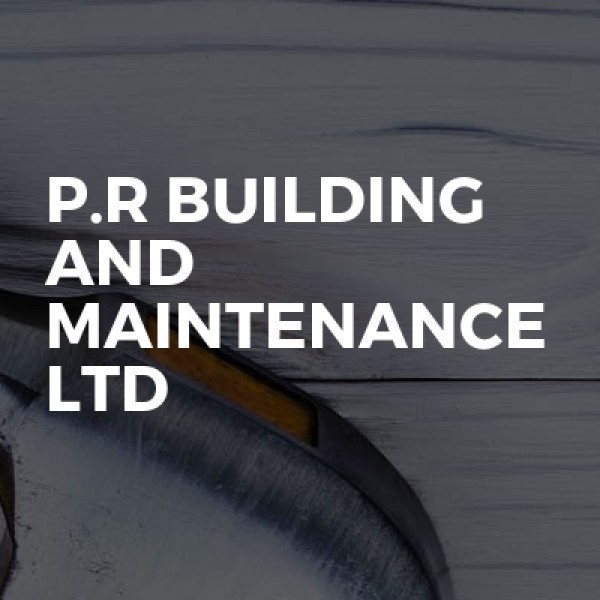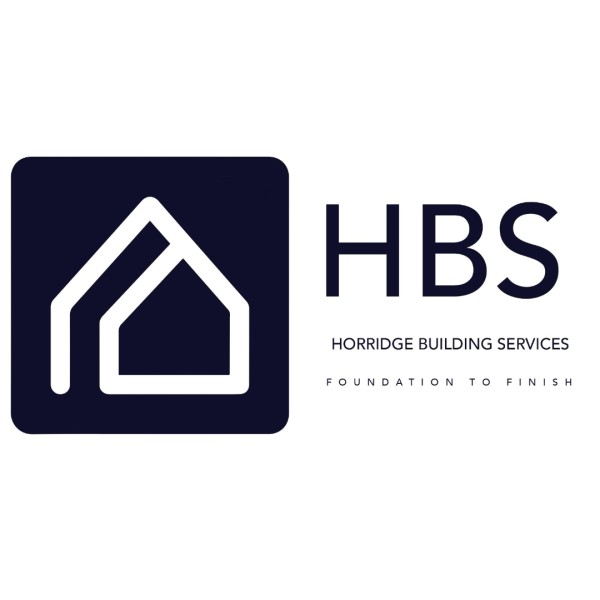Loft Conversions in Tyldesley
Filter your search
Post your job FREE and let trades come to you
Save time by filling out our simple job post form today and your job will be sent to trades in your area so you can sit back, relax and wait for available trades to contact you.
Post your job FREESearch Loft Conversions in places nearby
- Loft Conversions in Abram
- Loft Conversions in Altrincham
- Loft Conversions in Ashton-in-Makerfield
- Loft Conversions in Ashton-Under-Lyne
- Loft Conversions in Atherton
- Loft Conversions in Bolton
- Loft Conversions in Bramhall
- Loft Conversions in Buckley
- Loft Conversions in Bury
- Loft Conversions in Chadderton
- Loft Conversions in Cheadle
- Loft Conversions in Cheadle Hulme
- Loft Conversions in Denton
- Loft Conversions in Droylsden
- Loft Conversions in Dukinfield
- Loft Conversions in Eccles
- Loft Conversions in Failsworth
- Loft Conversions in Farnworth
- Loft Conversions in Gatley
- Loft Conversions in Golborne
- Loft Conversions in Hale
- Loft Conversions in Hazel Grove
- Loft Conversions in Heywood
- Loft Conversions in Hindley
- Loft Conversions in Horwich
- Loft Conversions in Hyde
- Loft Conversions in Ince in Makerfield
- Loft Conversions in Irlam
- Loft Conversions in Kearsley
- Loft Conversions in Leigh
- Loft Conversions in Littleborough
- Loft Conversions in Little Lever
- Loft Conversions in Manchester
- Loft Conversions in Marple
- Loft Conversions in Middleton
- Loft Conversions in Milnrow
- Loft Conversions in Mossley
- Loft Conversions in Oldham
- Loft Conversions in Pendlebury
- Loft Conversions in Prestwich
- Loft Conversions in Radcliffe
- Loft Conversions in Ramsbottom
- Loft Conversions in Rochdale
- Loft Conversions in Romiley
- Loft Conversions in Royton
- Loft Conversions in Sale
- Loft Conversions in Salford
- Loft Conversions in Shaw
- Loft Conversions in Stalybridge
- Loft Conversions in Standish
- Loft Conversions in Stockport
- Loft Conversions in Stretford
- Loft Conversions in Swinton
- Loft Conversions in Urmston
- Loft Conversions in Walkden
- Loft Conversions in Westhoughton
- Loft Conversions in Whitefield
- Loft Conversions in Wigan
- Loft Conversions in Worsley
Understanding Loft Conversions in Tyldesley
Loft conversions in Tyldesley have become a popular choice for homeowners looking to maximise their living space without the hassle of moving. With the charm of Tyldesley's historic architecture and the need for modern living solutions, converting a loft can offer a perfect blend of old and new. This article explores the ins and outs of loft conversions, providing a comprehensive guide for anyone considering this home improvement project.
What is a Loft Conversion?
A loft conversion involves transforming an unused attic space into a functional room. This could be anything from a bedroom, office, or playroom to a studio or gym. The process typically includes structural changes, insulation, and the installation of windows and stairs. Loft conversions are a fantastic way to add value to your home while creating additional living space.
Benefits of Loft Conversions
- Increased Property Value: A well-executed loft conversion can significantly boost your home's market value.
- Extra Living Space: Gain additional rooms without altering the footprint of your home.
- Cost-Effective: Generally cheaper than moving house, with no need for estate agent fees or stamp duty.
- Customisable: Tailor the space to meet your specific needs and preferences.
Types of Loft Conversions
There are several types of loft conversions, each with its own set of advantages and considerations. The choice depends on your budget, the structure of your home, and your personal preferences.
Dormer Loft Conversion
A dormer loft conversion is one of the most common types. It involves extending the existing roof to create additional headroom and floor space. Dormers are versatile and can be added to most types of homes, making them a popular choice in Tyldesley.
Mansard Loft Conversion
Mansard conversions involve altering the roof structure to create a flat roof with a slight slope. This type of conversion is ideal for maximising space but often requires planning permission due to the significant changes to the roof's structure.
Hip to Gable Loft Conversion
This conversion is suitable for homes with a hipped roof. It involves extending the sloping side of the roof to create a vertical wall, thus increasing the interior space. Hip to gable conversions are particularly popular in semi-detached or detached houses.
Velux Loft Conversion
Also known as a roof light conversion, this is the simplest and most cost-effective option. It involves installing Velux windows into the existing roofline without altering the structure. This type of conversion is ideal for homes with sufficient headroom.
Planning Permission and Building Regulations
Before embarking on a loft conversion in Tyldesley, it's crucial to understand the planning permission and building regulations. While some conversions fall under permitted development rights, others may require formal approval.
When is Planning Permission Required?
- Significant changes to the roof structure, such as mansard conversions.
- Properties in conservation areas or listed buildings.
- Extensions that exceed specific size limits.
Building Regulations
Regardless of planning permission, all loft conversions must comply with building regulations. These ensure the safety and structural integrity of the conversion, covering aspects such as fire safety, insulation, and access.
Choosing the Right Contractor
Selecting a reputable contractor is vital for a successful loft conversion. Look for professionals with experience in loft conversions in Tyldesley, as they will be familiar with local regulations and architectural styles.
Questions to Ask Potential Contractors
- Can you provide references from previous clients?
- Are you fully insured and accredited?
- What is your estimated timeline for the project?
- Do you offer a warranty on your work?
Cost Considerations
The cost of a loft conversion in Tyldesley can vary widely depending on the type of conversion, the size of the space, and the quality of materials used. It's essential to set a realistic budget and obtain detailed quotes from multiple contractors.
Factors Affecting Cost
- Type of Conversion: Dormer and mansard conversions are generally more expensive than Velux conversions.
- Size of the Loft: Larger spaces require more materials and labour.
- Quality of Materials: High-end finishes and fixtures will increase costs.
- Structural Changes: Significant alterations to the roof or supporting walls can add to the expense.
Designing Your Loft Space
Once the structural work is complete, it's time to design your new space. Consider how you will use the room and what features are essential for your needs.
Popular Design Ideas
- Home Office: Create a quiet, dedicated workspace with plenty of natural light.
- Guest Bedroom: Add an en-suite bathroom for convenience and privacy.
- Children's Playroom: Use bright colours and durable materials for a fun, safe environment.
- Studio or Gym: Install mirrors and soundproofing for a versatile space.
Maximising Natural Light
Natural light can transform a loft space, making it feel larger and more inviting. Consider the placement of windows and the use of light-reflecting colours and materials.
Window Options
- Velux Windows: Ideal for roof light conversions, providing ample light without altering the roofline.
- Dormer Windows: Add headroom and light, perfect for dormer conversions.
- Skylights: Offer a sleek, modern look and maximise light in the space.
Insulation and Energy Efficiency
Proper insulation is crucial for maintaining a comfortable temperature in your loft conversion and reducing energy costs. Consider the type of insulation and its placement during the planning stage.
Types of Insulation
- Blanket Insulation: Easy to install and cost-effective, suitable for floors and walls.
- Rigid Foam Insulation: Provides excellent thermal resistance, ideal for roofs.
- Spray Foam Insulation: Offers a high level of insulation and air sealing, perfect for hard-to-reach areas.
Safety Considerations
Safety should be a top priority in any loft conversion project. Ensure that your design complies with fire safety regulations and provides safe access to the new space.
Fire Safety Measures
- Install smoke alarms and fire doors.
- Ensure there is a safe escape route in case of emergency.
- Use fire-resistant materials where possible.
Frequently Asked Questions
How long does a loft conversion take?
The duration of a loft conversion varies depending on the complexity of the project. On average, it can take between 4 to 8 weeks.
Do I need an architect for a loft conversion?
While not always necessary, hiring an architect can be beneficial for complex projects or when seeking planning permission.
Can all lofts be converted?
Not all lofts are suitable for conversion. Factors such as headroom, roof structure, and access must be considered.
Will a loft conversion add value to my home?
Yes, a loft conversion can increase your property's value by up to 20%, depending on the quality and type of conversion.
What is the minimum headroom required for a loft conversion?
The minimum headroom for a loft conversion is typically 2.2 metres, although this can vary depending on local regulations.
How do I ensure my loft conversion is energy efficient?
Use high-quality insulation, energy-efficient windows, and consider renewable energy sources like solar panels.
Final Thoughts on Loft Conversions in Tyldesley
Loft conversions in Tyldesley offer a brilliant opportunity to enhance your home, providing additional space and increasing property value. By understanding the different types of conversions, planning requirements, and design considerations, you can create a beautiful and functional space that meets your needs. With careful planning and the right professional help, your loft conversion can be a rewarding investment for years to come.




































